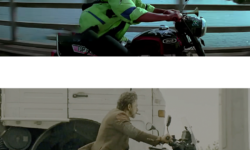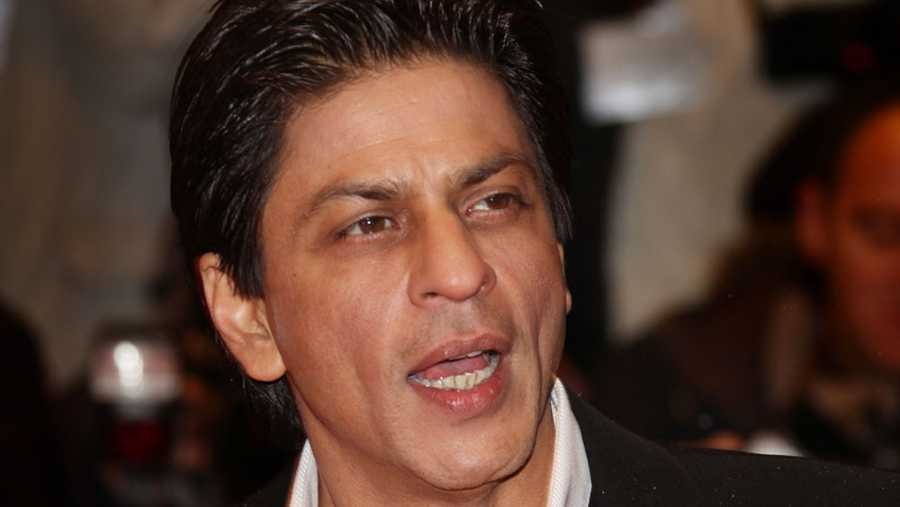KOCHI:
If people-to-people interaction is key to the ongoing Kochi-Muziris Biennale, then Safina adds to that spirit. It’s an enterprising radio project which allows anyone in the world to experience the various works at the 108-day art festival that began here this week.
From hosting a series of conversations, artist interviews and musical performances while encouraging viewers to listen and join in, Safina Radio Project provides a platform for artists and buffs in any part of the globe to express themselves. Today, it is an access point for what is the Indian subcontinent’s biggest contemporary art event, giving audience the facility to broaden conversations through interactions on topics around the Biennale.
Safina’s founder is Anabelle de Gersigny, a London-based partnership development manager. “We bring up subjects that are pertinent to the region. We offer artists the freedom to respond to them,” she reveals about the itinerant online broadcasting platform. “We are ensuring the conversations are free-wheeling and playful. They give an instant connect with the public.”
Throughout the Biennale till March 29 next year, the broadcasts will run on air with its partner: Resonance FM, a 24/7 radio station which broadcasts on 104.4 FM to central London. The relay can be accessed also through the project’s website (http://www.safinaradioproject.org/kochi-muziris-biennale-2018) as well as that of the Biennale (http://www.kochimuzirisbiennale.org/).
“Each podcast is anywhere between five minutes and 40 minutes,” says Rachel Bennett, Project coordinator, Safina. “They feature conversations, artist viewpoints, music collaborations and more.”
The Biennale radio show will include, for instance, conversations between artist Ajay Desai and Veer Munshi, curator of the Srinagar Biennale that is part of the Kochi-Muziris Biennale. “Overall, we plan to record around 25 podcasts and connect with as many artists as possible,” adds Rachel.
Anabelle, too, is excited that Safina has, for the ongoing Biennale in Kerala, found a partner in Resonance FM. “It is great to transmit a few podcasts in their channel,” she adds.
The Safina project was launched in 2015 as an online cultural radio station in the UAE. The idea was to facilitate artists, thinkers, writers and other creative people to pool ideas and topics they considered pressing. “They can express themselves freely through dialogue, music or any sound,” says Anabelle, an art graduate.
The idea for the project came to Anabelle four years ago when she was in the UAE, travelling. “Safina in Arabic means ship, with literary roots in reference to the Biblical Noah’s Ark,” she notes. “Safina is also a manuscript, a special form of book with an elongated cover. When you open the book, it resembles a long vessel. In Persian, ‘safineh’ is a synonym for the Persian ‘jong’, which means a collection of essays or poems. I thought the name resonates the theme of our project very well.”
The project has been successful. It partnered with the 56th edition of Venice Biennale (2015) and the Dhaka Biennale this year. As for the Kochi-Muziris Biennale which began on December 12, this is Safina’s first Radio Project. With the subtitle ‘Stanza/Stance’, Safina Radio Project explores Anita Dube’s curatorial concept title ‘Possibilities for a non-alienated life’.
“A stance is an active mode in a non-alienated life, necessarily acknowledging context and continual potential for new viewpoints — of the other, in relation to the environment, other moments adjacent to the present, perspectives slightly askew from the current,” says Anabelle. “Conversely, it is an intractable place of opposition.”
The idea is to explore how stanza (from Italian, denoting a room, an architectural form and a place of gathering) became stance (a position taken by an individual or a discrete group, perhaps a forthright official opinion, a political diktat, or an impassioned alternative to the status quo).




